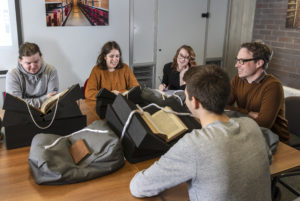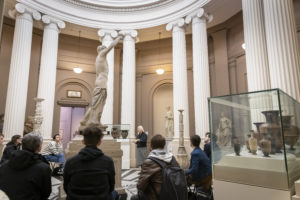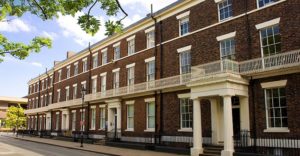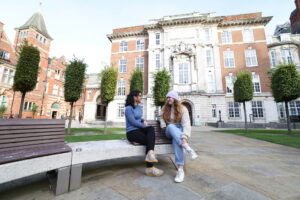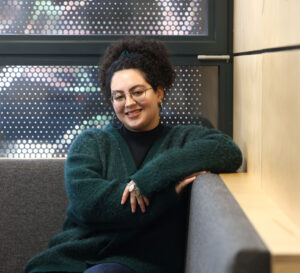How you'll learn
Teaching takes place in small-group seminars and workshops, as well as one-to-one tutorials. The emphasis is on collaboration between students and staff.
External partners contribute directly to the programme and the MA offers extracurricular opportunities to engage with slavery and unfree labour in different contexts. This includes an optional project-based work placement where you would typically spend one day a week in a relevant public history, policy-focused or practice-based institution. This could be a museum, archive or charity.
How you're assessed
You’ll be assessed through a series of research-based activities that will encourage you to reflect on the place of slavery and unfree labour in a range of historical and contemporary contexts.
This includes a combination of essays, case studies, presentations, self-reflective journal, policy paper and heritage brief, as well as a dissertation.
Liverpool Hallmarks
We have a distinctive approach to education, the Liverpool Curriculum Framework, which focuses on research-connected teaching, active learning, and authentic assessment to ensure our students graduate as digitally fluent and confident global citizens.
The Liverpool Curriculum framework sets out our distinctive approach to education. Our teaching staff support our students to develop academic knowledge, skills, and understanding alongside our graduate attributes:
- Digital fluency
- Confidence
- Global citizenship
Our curriculum is characterised by the three Liverpool Hallmarks:
- Research-connected teaching
- Active learning
- Authentic assessment
All this is underpinned by our core value of inclusivity and commitment to providing a curriculum that is accessible to all students.

